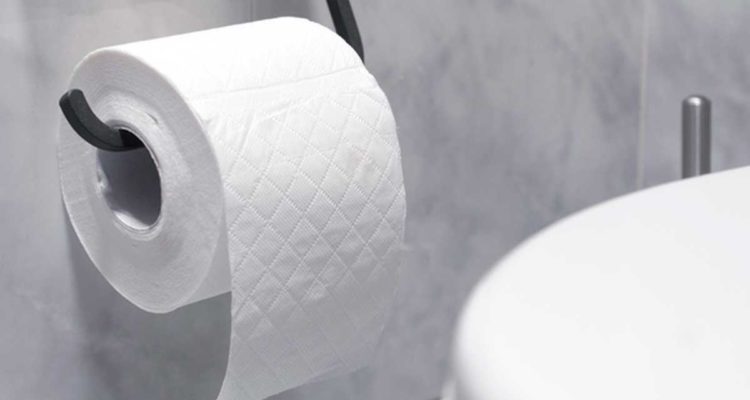
Sleep quality affects bowel movements and bowel movements
0
Poor sleep contributes to the fact that going to the toilet becomes a real problem.
Insufficient sleep can lead to many diseases and health problems, and one of them is irritable bowel syndrome. Experts have explained how sleep quality affects defecation.
Insomnia. Lack of sleep often leads to the inability to maintain a healthy diet. Often, in this case, a person sleeps when there is time, and vice versa – eats at the time intended for sleep. This negatively affects the functioning of the intestines, making it difficult to empty the bowels at the right time for a person.
“Poor sleep affects the condition of the muscles, making them sluggish and prone to stretching. The intestinal muscles are no exception, so lack of sleep often leads to the problem of constipation and irregular bowel movements,” experts said.
Excessive sleep. When a person sleeps too much, natural biorhythms can also be disrupted, threatening intestinal disorders and deterioration of peristalsis.
Sleep and the intestinal microbiome. The quality of sleep can greatly affect the ratio of bacteria in the intestines. If a person does not follow the correct schedule and sleeps too little or too much, this affects both intestinal bacteria and intestinal cells. The body ceases to function normally when the circadian rhythm is disrupted. As a result, normal excretion and digestion processes can slow down.
Sleep and bloating. Systematic sleep deprivation is associated with a tendency to constipation. Constant failure to adhere to a proper sleep-wake schedule disrupts the circadian rhythm and, therefore, interferes with digestion and bowel movements. It can also cause bloating and stomach cramps.









Leave a Reply